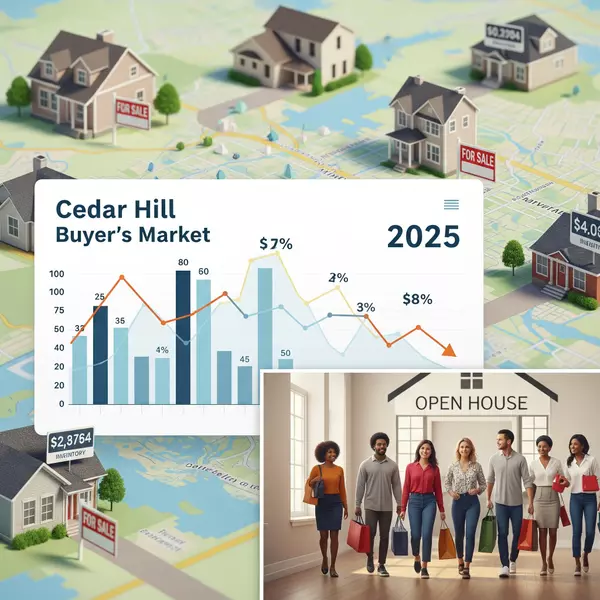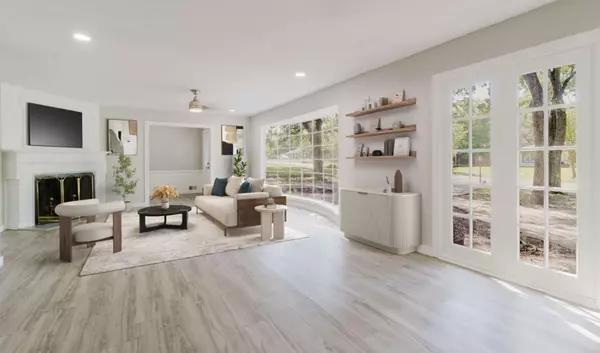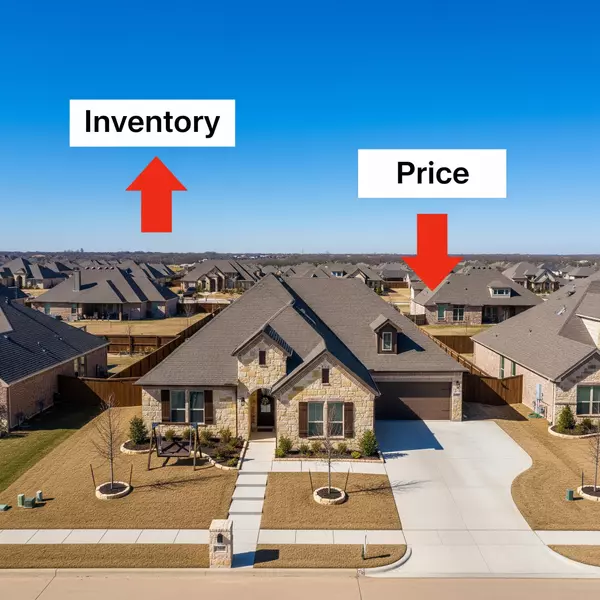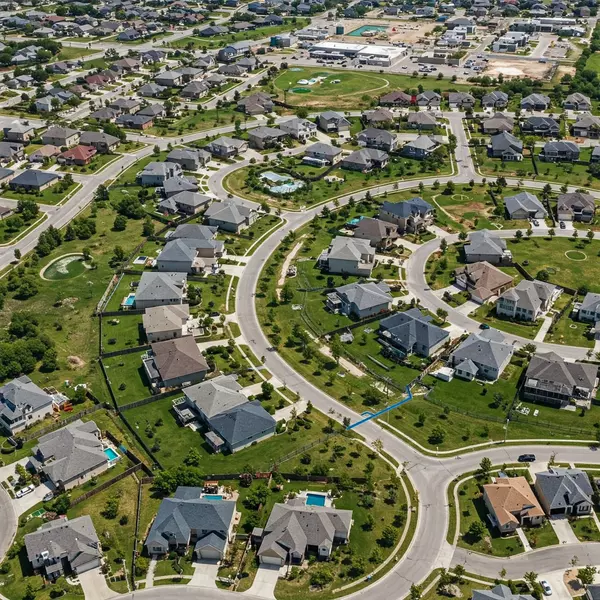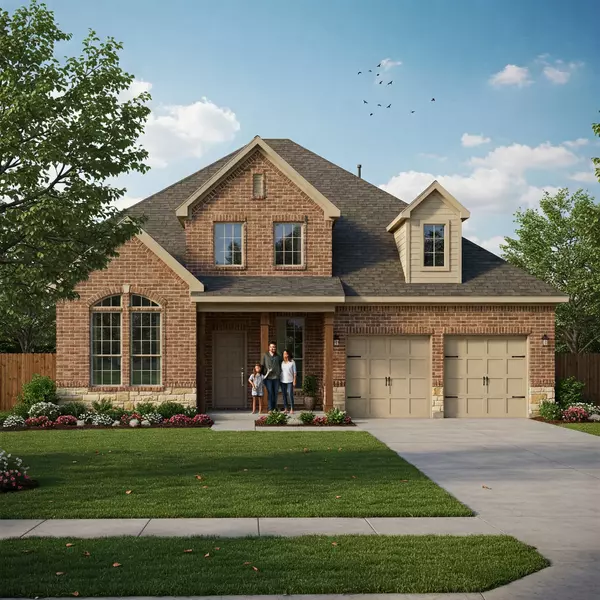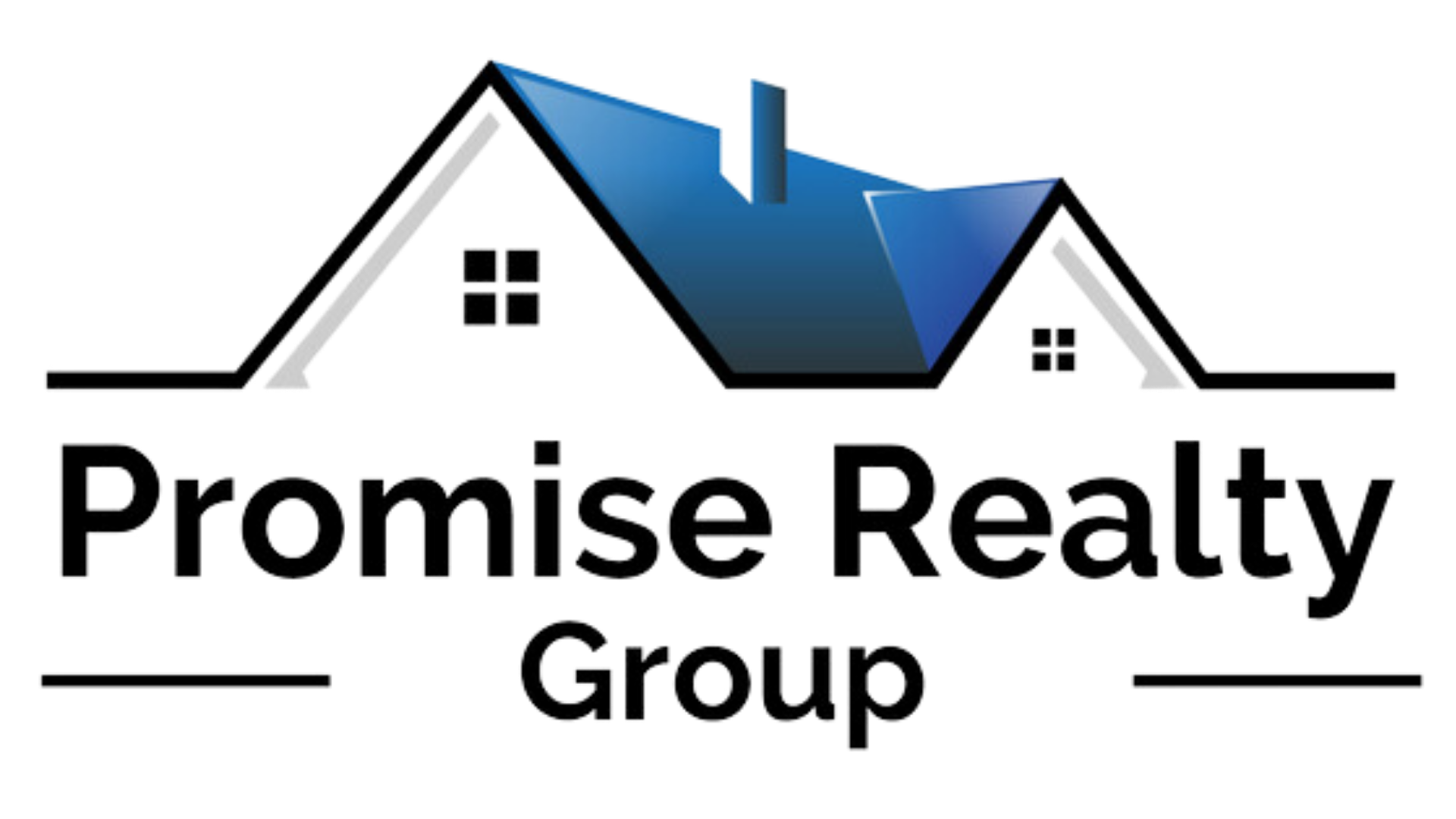Home Ownership versus Renting
For many individuals and families, the decision to buy a home versus renting is one of the most significant financial choices they will make. Both options come with their own set of advantages and disadvantages, but for those who are in a position to buy, home ownership often makes more sense than renting. Here are some compelling reasons why buying a home can be more beneficial, along with some downsides to renting that potential buyers should consider.
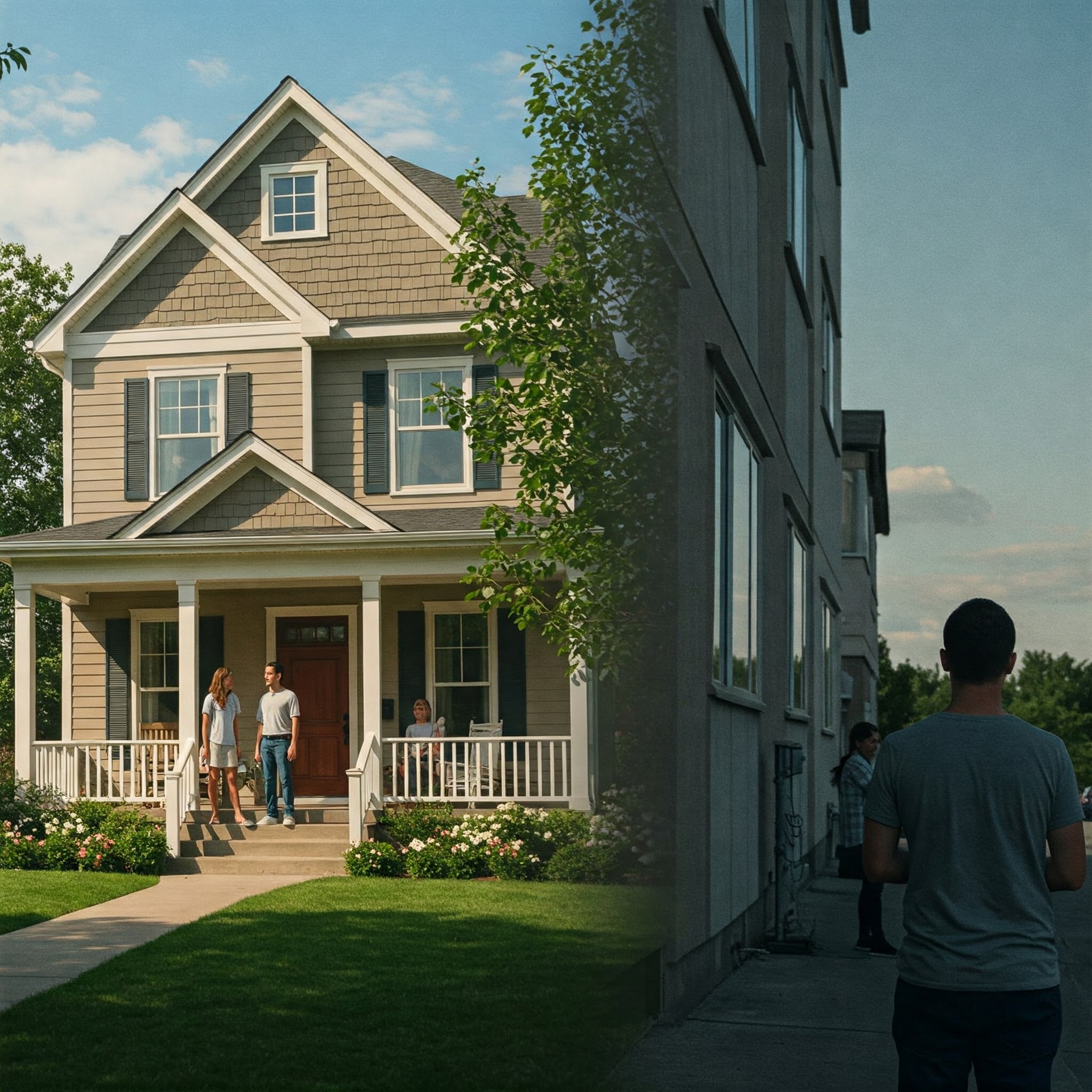
One of the most persuasive reasons to buy a home is the opportunity to build equity. When you pay rent, that money is gone forever; it’s essentially an expense with no return. However, when you make mortgage payments on a home you own, you’re gradually building equity in that property. Over time, as you pay down your mortgage and as the value of your property potentially increases, your equity grows. This can be a substantial financial asset that you can tap into for future needs or investments.
Another key advantage of buying a home is the stability it provides. Renters are subject to the whims of landlords who may decide to sell the property, increase rent, or not renew leases. Homeowners have control over their living situation and are not at risk of being forced to move due to external decisions. This stability can be particularly beneficial for families with children who want to stay in the same school district or for anyone who prefers the certainty of knowing they won’t have to move unless they choose to.
Homeownership also offers significant tax benefits. Mortgage interest and property taxes are typically deductible on your federal income tax return, which can result in substantial savings each year. These deductions can make owning a home more affordable than it might initially appear when compared solely to monthly rent payments.
Customization is another major perk of owning a home. As a homeowner, you have the freedom to renovate and decorate your space as you see fit without needing approval from a landlord. This allows you to truly make your house feel like a home and potentially increase its value through improvements.
On the flip side, renting comes with several downsides that potential buyers should consider. One significant downside is the lack of investment potential. As mentioned earlier, rent payments do not contribute toward building any kind of financial asset; they are simply an expense.
Renting also often comes with restrictions that can limit your lifestyle choices. Many rental properties have strict rules about pets, renovations, and even painting walls. These limitations can prevent renters from fully enjoying or personalizing their living space.
Moreover, renters face uncertainty regarding future housing costs. Landlords can raise rent prices at the end of lease terms based on market conditions or other factors beyond tenants' control. This unpredictability can make long-term financial planning more challenging for renters compared to homeowners with fixed-rate mortgages.
Finally, while renting might seem cheaper in the short term due to lower upfront costs (such as down payments and closing costs), over time it often becomes more expensive than owning a home when considering cumulative monthly payments without any return on investment.
In conclusion, while renting may offer flexibility and lower initial costs, buying a home presents numerous advantages such as building equity, providing stability, offering tax benefits, and allowing for personalization of living spaces. Potential buyers should weigh these factors carefully against their own financial situations and long-term goals when deciding whether homeownership or renting makes more sense for them.
Categories
Recent Posts



